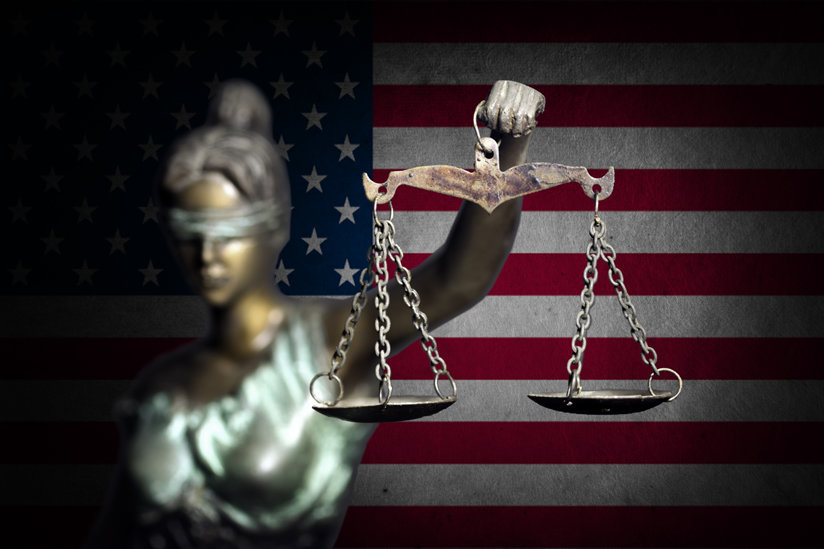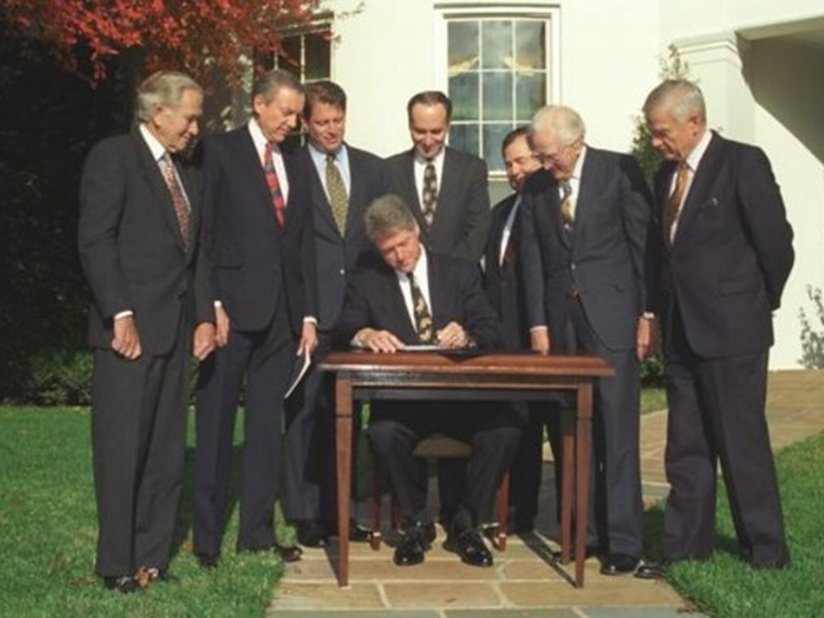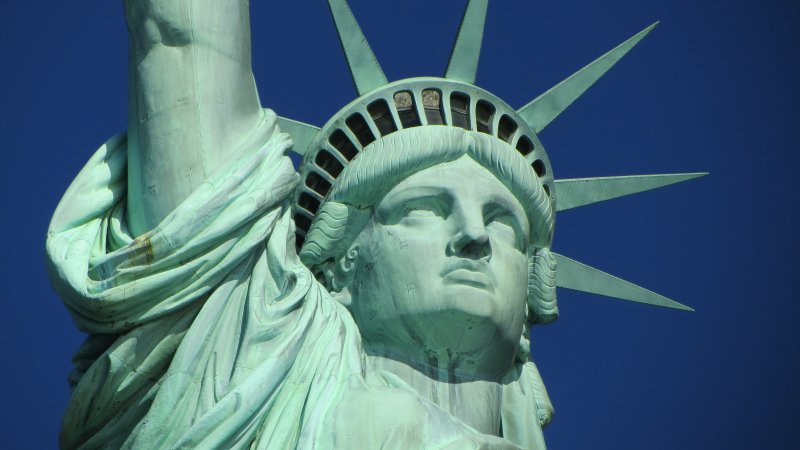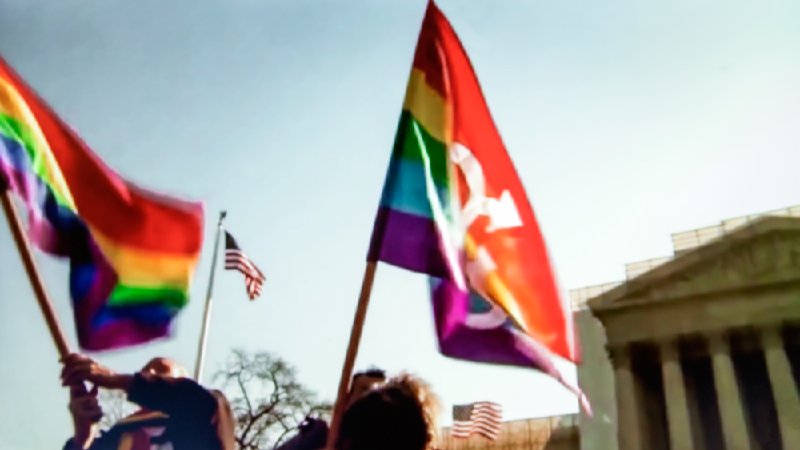
-
HOME
-
WHAT IS STANDOur Mission Our Values Our Help Contact
-
WHAT WE FIGHT FORReligious Freedom Religious Literacy Equality & Human Rights Inclusion & Respect Free Speech Responsible Journalism Corporate Accountability
-
RESOURCESExpert Studies Landmark Decisions White Papers FAQs David Miscavige Religious Freedom Resource Center Freedom of Religion & Human Rights Topic Index Priest-Penitent Privilege Islamophobia
-
HATE MONITORBiased Media Propagandists Hatemongers False Experts Hate Monitor Blog
-
NEWSROOMNews Media Watch Videos Blog
-
TAKE ACTIONCombat Hate & Discrimination Champion Freedom of Religion Demand Accountability
Will the Supreme Court’s Ruling on Sex Discrimination Affect Religious Freedom?
The U.S. Supreme Court has issued a ruling making it possible for a Georgia man who was terminated from his job because of his sexuality to sue for discrimination, and validating the rights of two other now-deceased plaintiffs—one of whom was gay and the other of whom was transgender.
The case has drawn considerable attention not only because of the fate of plaintiff Gerald Bostock, a Clayton County employee fired by his superiors after they learned he’d joined a gay softball league, but because of fears that, in the words of the main dissenting opinion, the Court’s decision “will threaten freedom of religion, freedom of speech, and personal privacy and safety.”

The three cases consolidated for this decision were all filed by plaintiffs seeking to secure their rights under the 1964 Civil Rights Act which, among other things, prohibits employment discrimination on the basis of sex. The question was whether discrimination against someone who is gay or transgender constitutes discrimination against sex, i.e., does “sex” in the context of the law include sexual preference and gender identity?
Similar to Mr. Bostock, another plaintiff was fired when his employer found out he was gay, and the third plaintiff was fired after she announced she was transitioning from male to female. The cases resulted in conflicting decisions on the issue from appeals courts in their respective jurisdictions, and thus fell to the Supreme Court to decide the matter. In the end, six of the nine justices decided for the broader definition of “sex.”
Regardless of what the Civil Rights Act really meant by that three-letter word, productive and stable employees, who are fired only after and only because their bosses learn that they are sexually different, certainly deserve a means of redress. The question now, though, becomes where will this decision lead? By adopting an expanded definition of discrimination due to sex, the door is potentially open to a barrage of discrimination suits and the potential for intrusive regulation, hence why the decision has generated protest.
There is a tendency to view civil rights as a zero-sum game with a clear-cut winner and loser at every turn.
Most objections have come from religious groups who believe they will now be forced to compromise or abandon altogether the teachings and values of their respective churches concerning sexual matters.
One major issue is that many members of religious organizations believe they should have the right to hire only those who exemplify the teachings of their religion in their lives, and such organizations worry they will no longer be allowed to do so.
Justice Neil Gorsuch, who wrote for the majority, was clearly aware of their concerns. In his opinion, he pointed out that the employment section of the Civil Rights Act has an exemption for ministers and certain religious workers, and that the Religious Freedom Restoration Act of 1993 places religion outside the embrace of some federal laws. He also noted that the broad Constitutional guarantees still apply with respect to the free exercise of religion.

The concerns of religionists were probably somewhat eased a few weeks after the Bostock decision when, in another decision, the Supreme Court affirmed that the ministerial exception (an exemption from some employment laws for ministers and certain other religious workers) applied to two teachers at Catholic schools. The Court reasoned that, though the teachers did not have religious titles and were not ordained as ministers, because they instructed elementary school students in religion and participated with the class in prayer and various other religious activities, they were “playing a vital role in carrying out the church’s mission.”
But teachers and ordained ministers are not the only functions that contribute to religion’s role in society. So there are still many ways in which the Bostock decision could create conflicts for churches with respect to whom they may hire or fire.
Is either position so clearly wrong that, as with some things which are indisputably evil, it is our duty to fight it ceaselessly until “the end”? I don’t happen to think so—nor, I believe, do most Americans.
As I see it, the reason Bostock has created the controversy it has is that there is a tendency to view civil rights as a zero-sum game with a clear-cut winner and loser at every turn. True, sometimes it is a zero-sum game. For slavery to be abolished, slave owners and slave traders had to “lose.” But it is also true that, to create meaningful freedom, what is often needed is sufficient give and take so that seemingly opposing groups and individuals can find ways to coexist.
At this time, the rights of gays and transgender people to be treated equally are depicted as in collision with the claims of other members of society—primarily those who demand the right to be part of religious communities and to participate in society in a manner fully consistent with their deeply held beliefs about marriage and family.
What will be the result of a series of legal decisions which will, necessarily, result in winners and losers? Given the strong feelings on both sides, neither is going to give up, which will mean generations of conflict. Is either position so clearly wrong that, as with some things which are indisputably evil, it is our duty to fight it ceaselessly until “the end”? I don’t happen to think so—nor, I believe, do most Americans. So the answer should be in the direction of finding intelligent compromises through legislation, dialogue and other means that allow peace to prevail and provide all involved the maximum possible amount of freedom.
The Supreme Court made its decision. Now it is time for the rest of us to decide if we will have enduring conflict or if we can find ways to work together and mutually respect one another’s freedoms.









